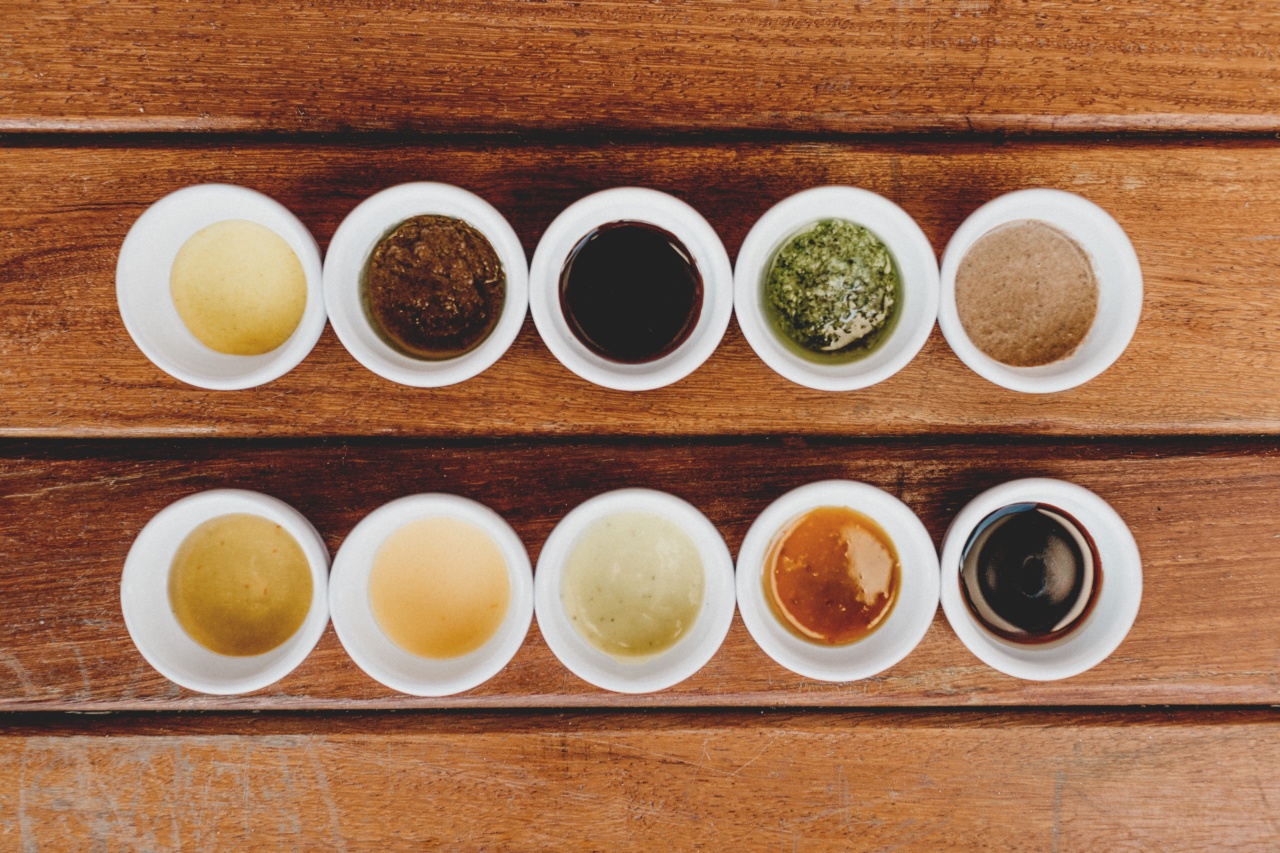When it comes to maintaining a healthy lifestyle, diet plays a crucial role. What many people don’t realize is that the type of food we consume can vary depending on our blood type.
The theory behind the blood type diet suggests that the different blood types evolved at different times in human history, and each type adapted to different dietary patterns.
Blood Type A
Individuals with blood type A are said to have evolved from agrarian ancestors who relied heavily on plant-based diets. It is believed that their bodies are more suited to digesting grains, legumes, and vegetables.
Following a vegetarian or vegan diet, rich in organic and fresh produce, is often recommended for those with type A blood.
However, it is important to note that not all plant-based foods are suitable for blood type A individuals. Certain lectins, which are proteins found in some plants, can interfere with the digestive system of people with type A blood.
Foods like wheat, potatoes, tomatoes, and eggplant should be avoided as they may cause harmful reactions in these individuals.
Blood Type B
Those with blood type B are believed to have arisen from nomadic ancestors who consumed a varied diet, including both plants and animal proteins. Individuals with type B blood are said to have a strong immune system and a tolerant digestive system.
People with type B blood are often advised to follow a balanced diet, including a mix of vegetables, fruits, grains, dairy products, and meats.
They are generally better able to tolerate a wider range of foods, although they may still need to avoid certain items such as chicken, corn, and lentils. A moderate consumption of red meat and seafood is often recommended for individuals with type B blood.
Blood Type AB
Blood type AB is relatively rare and believed to be a merging of blood types A and B. Those with AB blood have a more versatile digestive system and can digest a wide range of foods, both plants, and animal proteins.
Individuals with type AB blood are often advised to follow a balanced diet that includes a variety of fruits, vegetables, grains, and proteins.
They tend to have a lower stomach acid, so it is recommended to avoid caffeine and alcohol, as they may interfere with digestion. Foods like red meat and shellfish should also be consumed in moderation.
Blood Type O
People with blood type O are believed to have descended from ancient hunters and gatherers. This blood type is often associated with a stronger immune system and a higher ability to metabolize meat proteins.
Individuals with type O blood are often recommended to follow a high-protein diet, including lean meats, fish, and poultry. They can also benefit from consuming fruits, vegetables, and whole grains.
However, it is important for type O individuals to avoid or limit dairy products, wheat, and gluten-containing foods as they may cause digestive issues.
The science behind blood type diet
While the blood type diet has gained popularity over the years, it is important to note that there is limited scientific evidence to support its claims. Many studies have failed to find a direct link between blood type and dietary recommendations.
Some experts argue that the positive results reported by individuals following the blood type diet may be attributed to a general improvement in eating habits, rather than the specific restrictions based on blood type.
It is also essential to consider individual variations, as factors like genetics, lifestyle, and overall health play a significant role in determining dietary needs.
Additional considerations
Furthermore, it is crucial to consult with a healthcare professional or a registered dietitian before making significant changes to your diet based on your blood type.
They can provide personalized advice and ensure that your nutritional needs are appropriately met.
It is also worth mentioning that the blood type diet should not be seen as a substitute for medical advice or treatment.
If you have any specific health conditions or concerns, always consult with a healthcare professional before making any modifications to your diet.
Determining your blood type
If you are unsure about your blood type, there are several ways to find out. The most common method is through a blood test conducted by a medical professional. This test will determine your blood type and Rh factor.
You can also find out your blood type through at-home blood typing kits, although these may not always be as accurate as a test conducted by a healthcare professional.
Conclusion
While the concept of the blood type diet is intriguing, it is essential to approach it with skepticism and rely on scientific evidence.
While some individuals may find success in following a diet tailored to their blood type, it is not a one-size-fits-all approach. Consult with a healthcare professional to determine the best diet for your specific needs and goals.
























